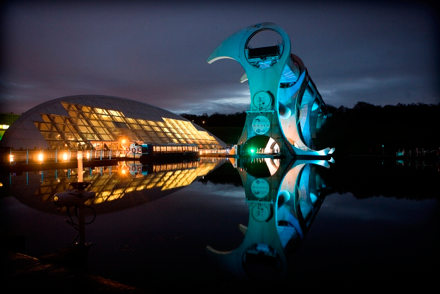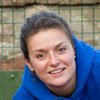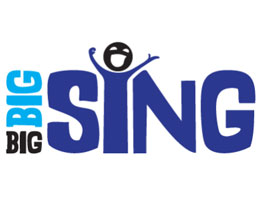The below article by Graeme Logan, Strategic Director, Education Scotland appeared in The Herald on 07 February 2014
In schools across Scotland, young people are now experiencing a different approach to their education. The new curriculum has been ten years in the making. As a result, schools are providing young people with high-quality, in-depth learning that matches their individual needs and interests. Their experiences, qualifications, awards and achievements at school will set them up well for their life ahead. We should not lose sight of the magnitude of this, and the enormous collective effort involved as we work to provide our young people with a world-class curriculum.
There is no doubt the introduction of the new qualifications and CfE more widely, has meant significant change. Teachers are working incredibly hard to do their best for their pupils. The principles of CfE are widely supported both throughout education in Scotland and internationally.
CfE supports and recognises a wider range of skills, achievements and qualifications than ever before, and in a way that is more responsive to individual needs. As these improvements take place, it is inevitable there will be changes in some aspects of the education system, such as the number and variety of subjects being taken for qualifications. We already know that schools across Scotland have chosen different numbers of subjects, and we fully expect to see changes in patterns of qualification entries, for example. Schools together with their young people and parents are always best placed to make such important decisions.
Learning across S4-S6 is now called the ‘senior phase’. This is usually delivered in school, but may also involve young people moving to college or other establishments.
Decisions on the pattern and number of subjects across the senior phase are made by each school, based on maximising achievement and qualifications by the time young people leave school. For some, this might mean fewer subjects in S4, but leading to a higher quality of qualifications and a wider range of awards and achievements overall.
With that in mind, in makes sense that when planning the senior phase, schools will consider, for example, whether it is best for young people to ‘bypass’ National 4/5, that is, to begin two year courses leading to Higher. The emerging picture of these new flexible ways of learning is welcome, because it demonstrates better alignment between what a school is doing, and what young people need.
The new models show that some schools will plan for 6 or 7 subjects in S4, viewing it as a way of achieving deeper learning, making space for recognising success in wider achievements and providing scope for taking qualifications over differing timescales. The guiding principle is that qualifications, awards and achievements are taken at the right stage for the individual young person over the senior phase which can be up to three years.
Young people will not only focus on qualifications as they will have programmes that include activities that continue to develop the capacities of CfE and may lead to other valued awards also.
From the age of 3 through to the end of S3, during the Broad General Education, young people will study all areas of the curriculum to higher standards than ever before. Schools are working with parents and learners to ensure they understand how pupils move through their school years.
Education Scotland provides a very wide range of support through working directly with teachers, publishing materials and resources. We continue to extend our offer of further tailored support, as does SQA, to any secondary school who feels they need it at this crucial time in Scottish education. We are here to support practitioners and schools so that they can do their job to the best of their ability.
Any major curriculum change is likely to generate some anxiety as everyone wants to get it right for our young people. I hope that we can all continue to work together and ensure that the curriculum and the new qualifications are delivered to the highest possible standards.
Graeme Logan
Strategic Director, School Years
Education Scotland
 Click on this tigtag image in the top right hand corner and you will be taken to the Tigtag home page.
Click on this tigtag image in the top right hand corner and you will be taken to the Tigtag home page. 






























































